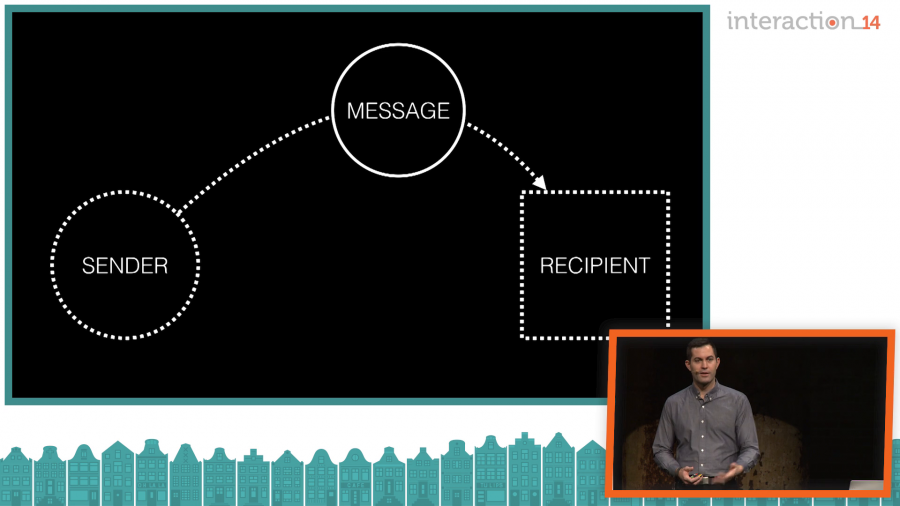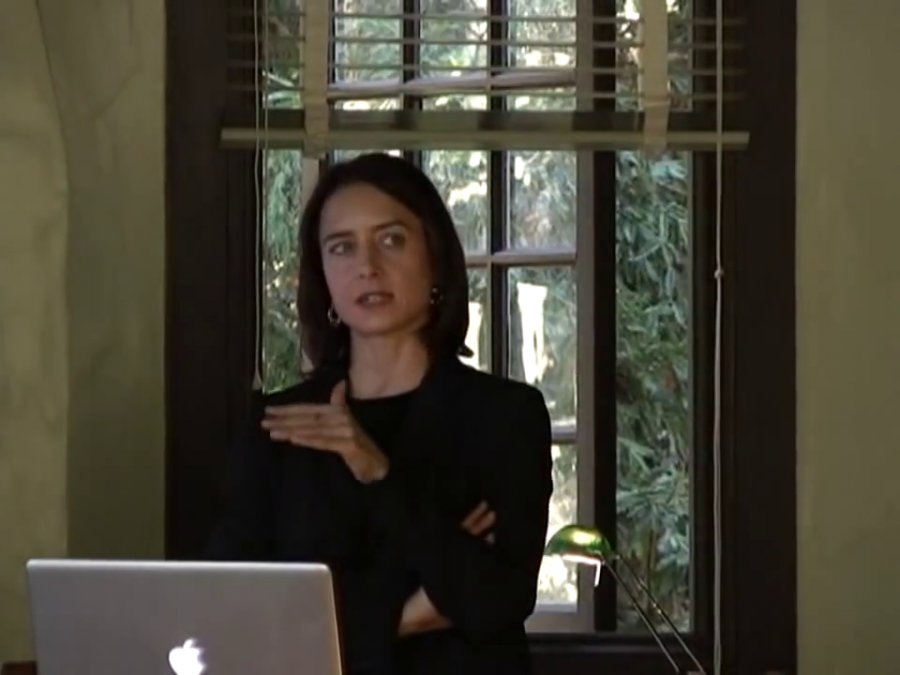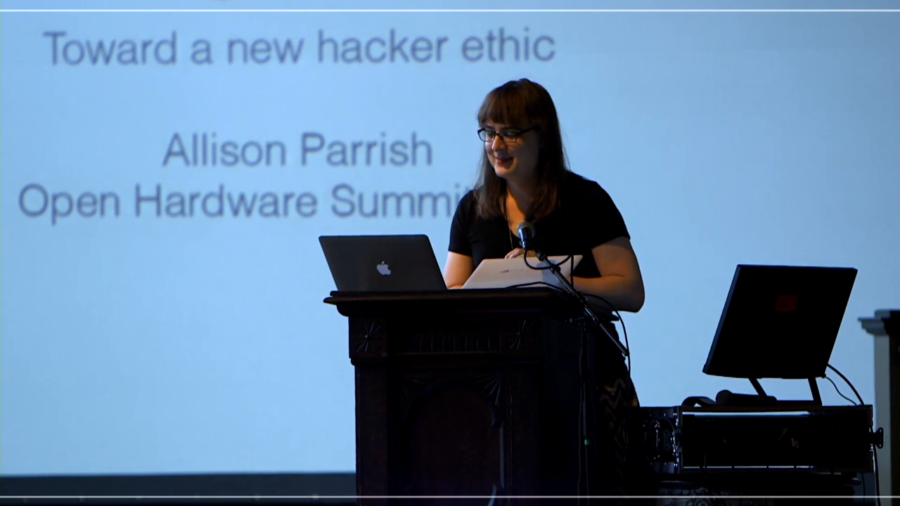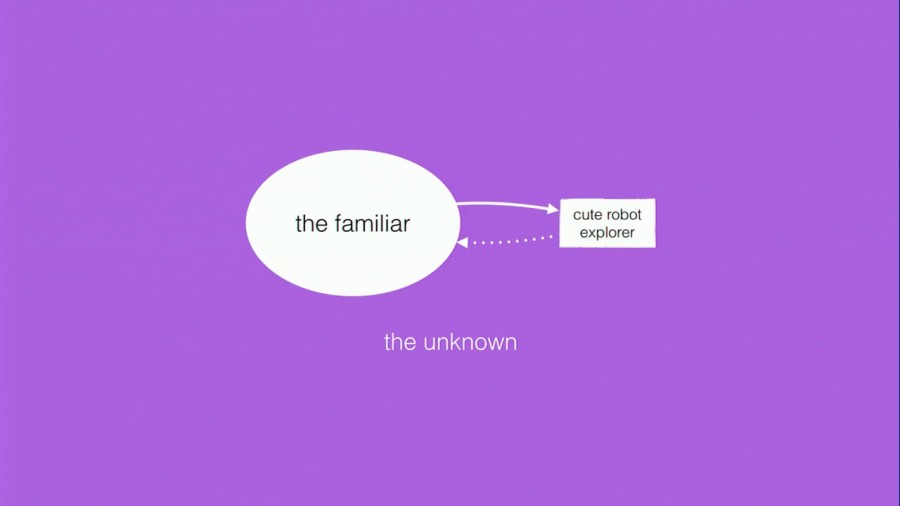I wouldn’t be surprised to find out that many of us here today like to see our work as a continuation of say the Tech Model Railroad Club or the Homebrew Computer Club, and certainly the terminology and the values of this conference, like open source for example, have their roots in that era. As a consequence it’s easy to interpret any criticism of the hacker ethic—which is what I’m about to do—as a kind of assault.
Archive

You have to think with your users, with your customers, what is your actual relationship? Are they your gods? Are they your guests? Are they a nuisance to you? Because you know where the power is.

Morse code knitting is a component of a larger study that I’m doing on the culture of binary systems across many centuries. One premise of that historical investigation is that the powerful adaptability of binary systems is revealed partly through their diversity.


